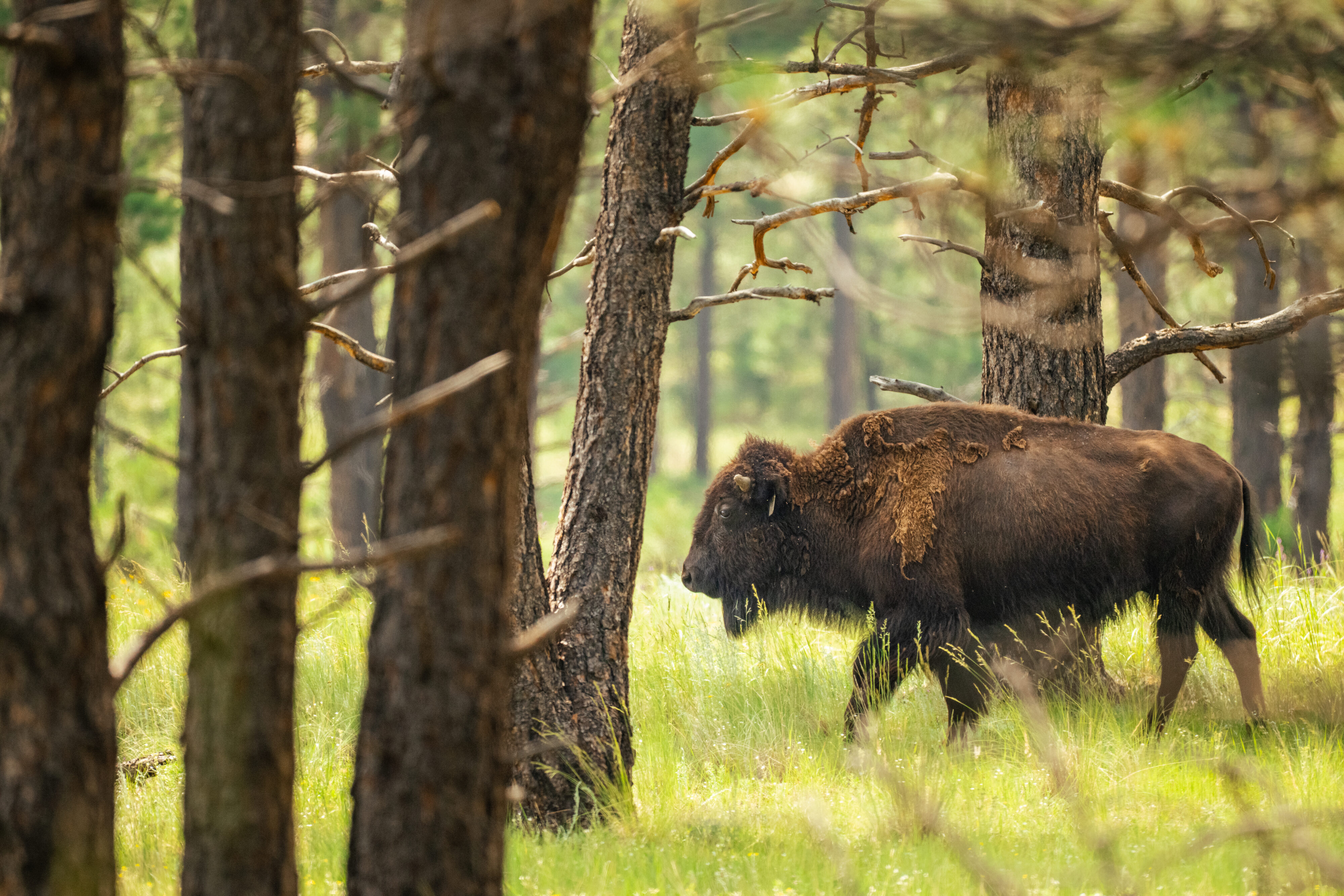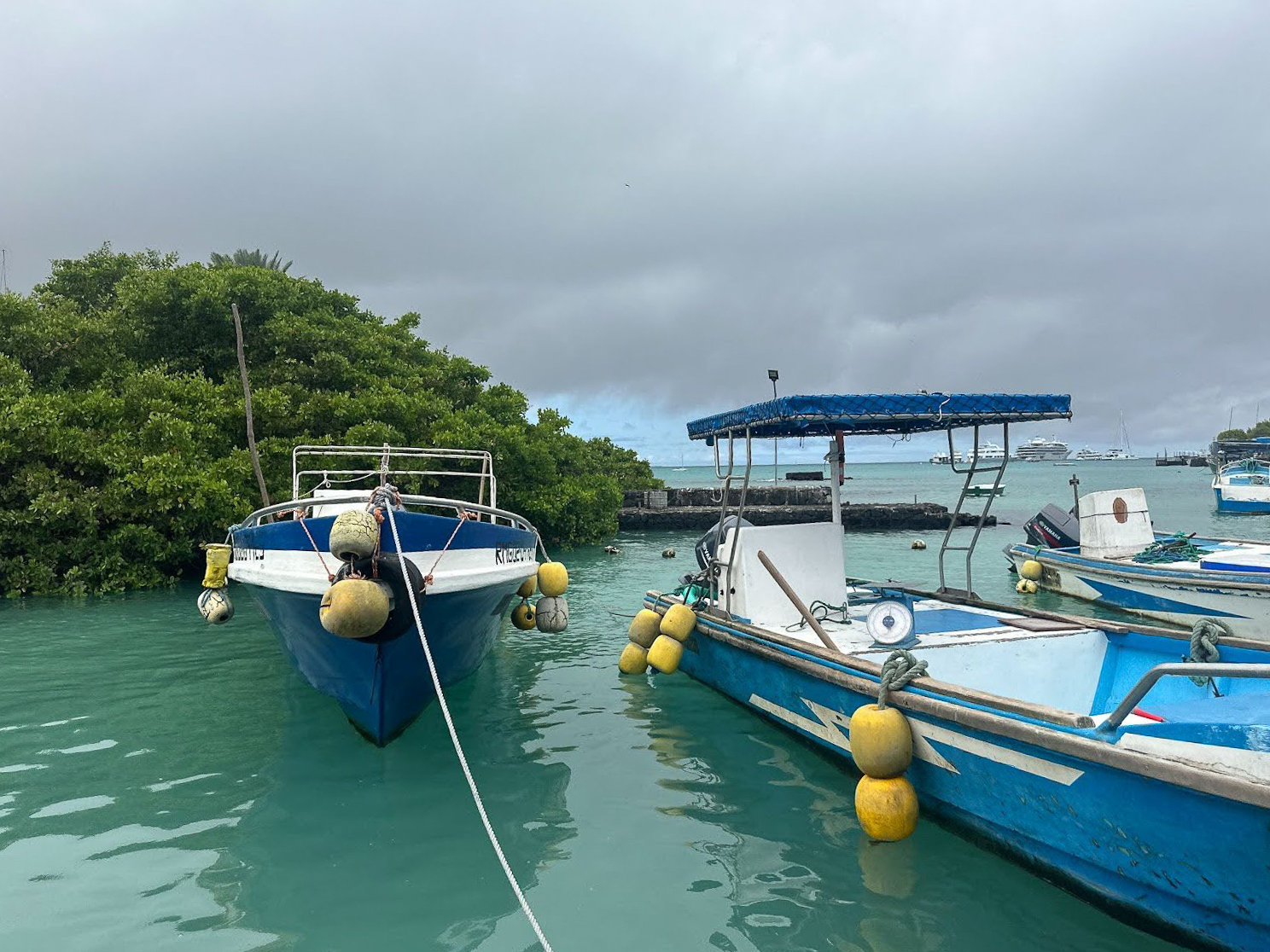Shaniya Utamidata
Stories from the marsh
Shhh. Listen. Can you hear the birds? The water? The crickets? This place is full of life, and it’s not only important for the wildlife; this place is important for humans too. Aside from being a nursery habitat for the fish that we consume, estuarine and marsh ecosystems protect us from coastal flood and erosion and act as a water filtration system and a valued carbon sink area. At the Jacques Cousteau National Estuarine Research Reserve in New Jersey, scientists have been working for more than three decades collecting data, analyzing, and measuring how climate change is impacting the East Coast of the United States.
My name is Shaniya and I come from Indonesia, the second most biodiverse country in the world. Indonesia has more than 17,000 islands with approximately 40,000 watersheds that support 277.5 million citizens, but we are facing tremendous threats. About 14 million Indonesians are directly and indirectly dependent on fisheries for their livelihood, but polluted rivers, polluted estuaries, and loss of our mangrove ecosystem and shorelines are affecting their daily lives.
So why did I come to New Jersey, more than 10,000 miles away from home? This is one of the most significant places for estuarine research in The United States. As a young scientist, I came here to learn from the scientists who have dedicated their lives to understanding and protecting this important ecosystem. In this video, I interview researchers of Rutgers University Marine Field Station who tell me about the importance of their long-term research on the East Coast. My hope is that I can bring the knowledge that I learned here back to Indonesia and work with policy makers back home to help protect and to preserve these ecosystems. I want to do my part in ensuring that our estuaries sustain not just for today, but for the future as well.





















